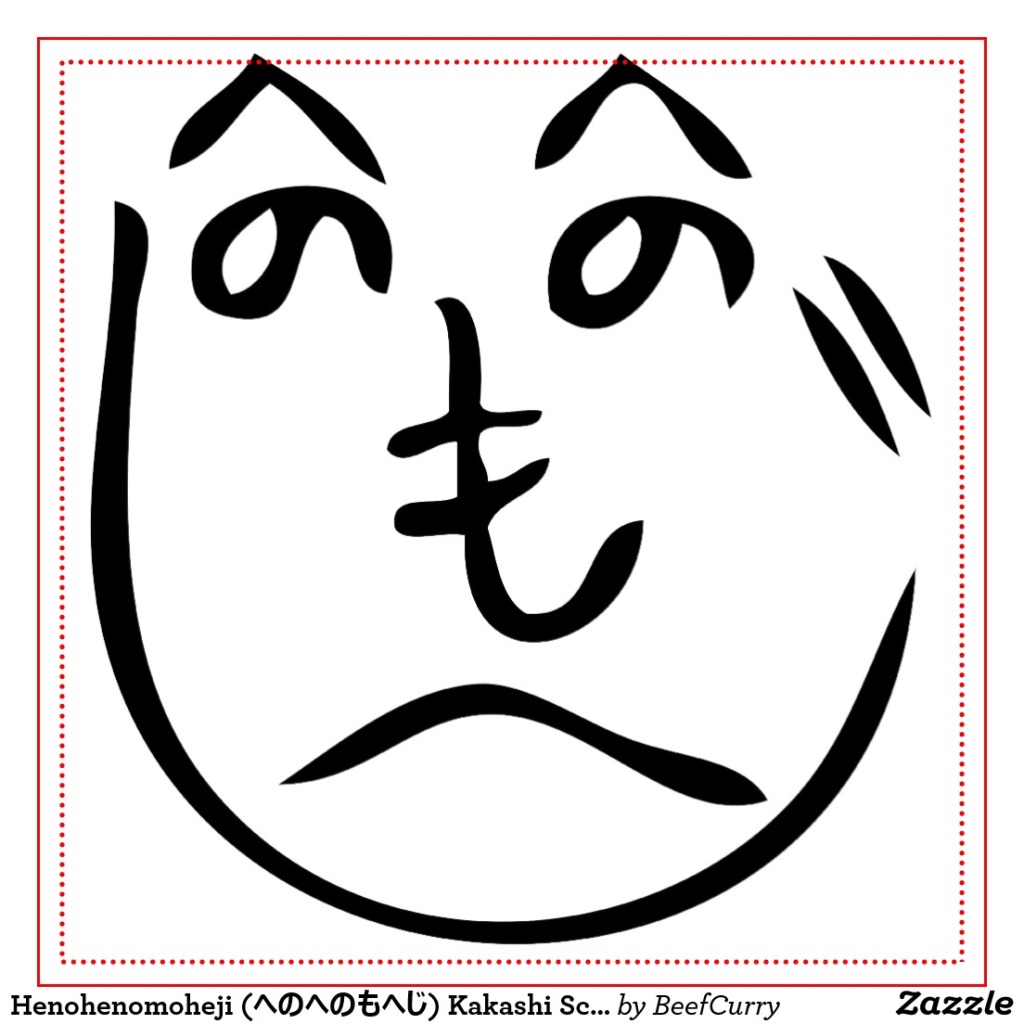
doko ni asundeimasu ka?
どこに あ住んでいます か?
that translates ‘exactly as’ where do you live?
How does it read phonetically? You need to know the exact way a hiragana is defined and mapped into a specific form of Roman alphabet making, called Romaji or Hepburn transliteration rule — as far as I know its only the Japanese system of language of hiragana and katakana and associated rules of the kanji reading, which employs the Hepburn system. So Romaji is an exactly matching mapping, of say hiragana alphabet.
In that system of phonetic definitions do is to be read as do in say Dorothy, but the D is not said as D in David, but as in ‘the’, if ‘the’ were to be read as ‘tho’. In a round about way, we find the phonetic. do is to be read as, ‘do’ in although.
do = though, phonetically.
Similarly ko is to be read as co, as in broccoli.
ni is approximately, read as nea, in neat; nea. or exactly, say; ni in niddle.
a is always read as; a in Asurion
Asurion; Health insurance, the guys who compensated me for my lost first Blackberry RIM, 8703, mobile, way back in 2006-7.
sun is read as soon.
de is as in deity except d is not as in David but as in ‘they’. So, de = they.
i as in letter E, or say i in India.
ma as in ma, or mart.
su as in shoe.
ka as is ca in cart. sometimes soft and sometime as hard as ca, in cart.
Some times I can read the whole sentence written in Japanese, without google help, this was one of those happy circumstances.
I also know its equally valid to ask where do you live by saying the following in Japanese, if terribly wrong do correct me.;
doko ni sumi koto ga aru?
どこに住みことがあります?

Leave a comment